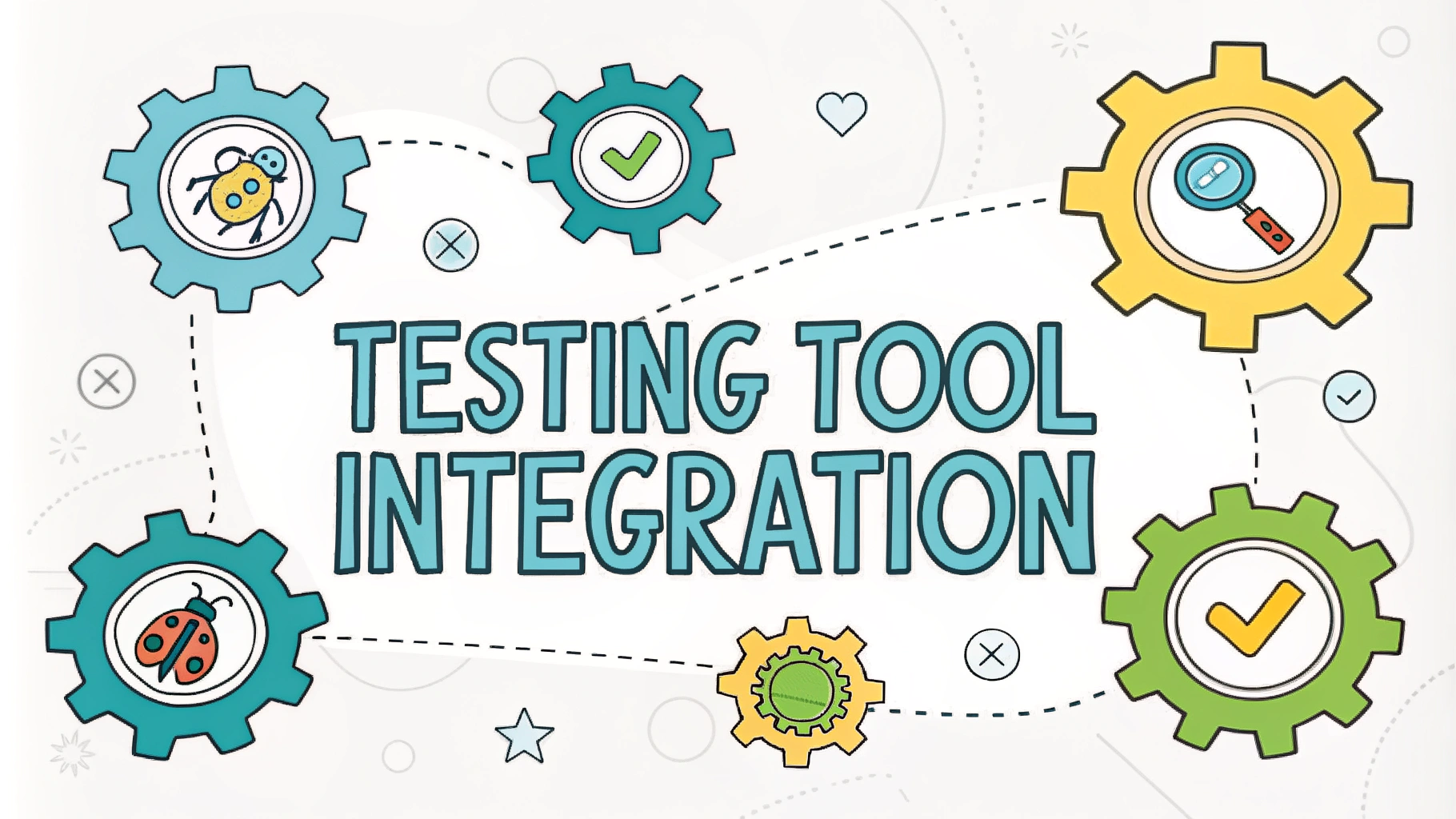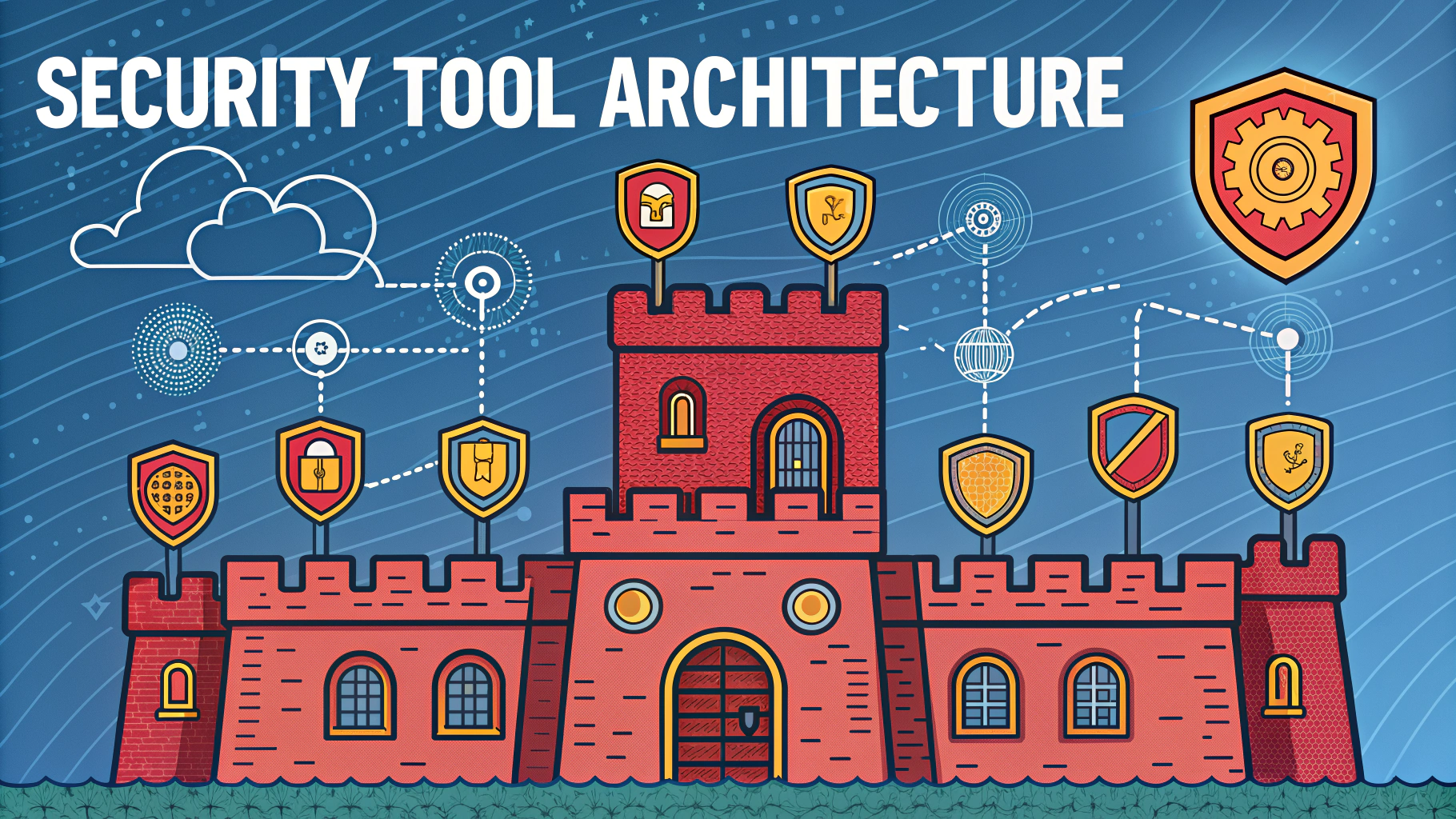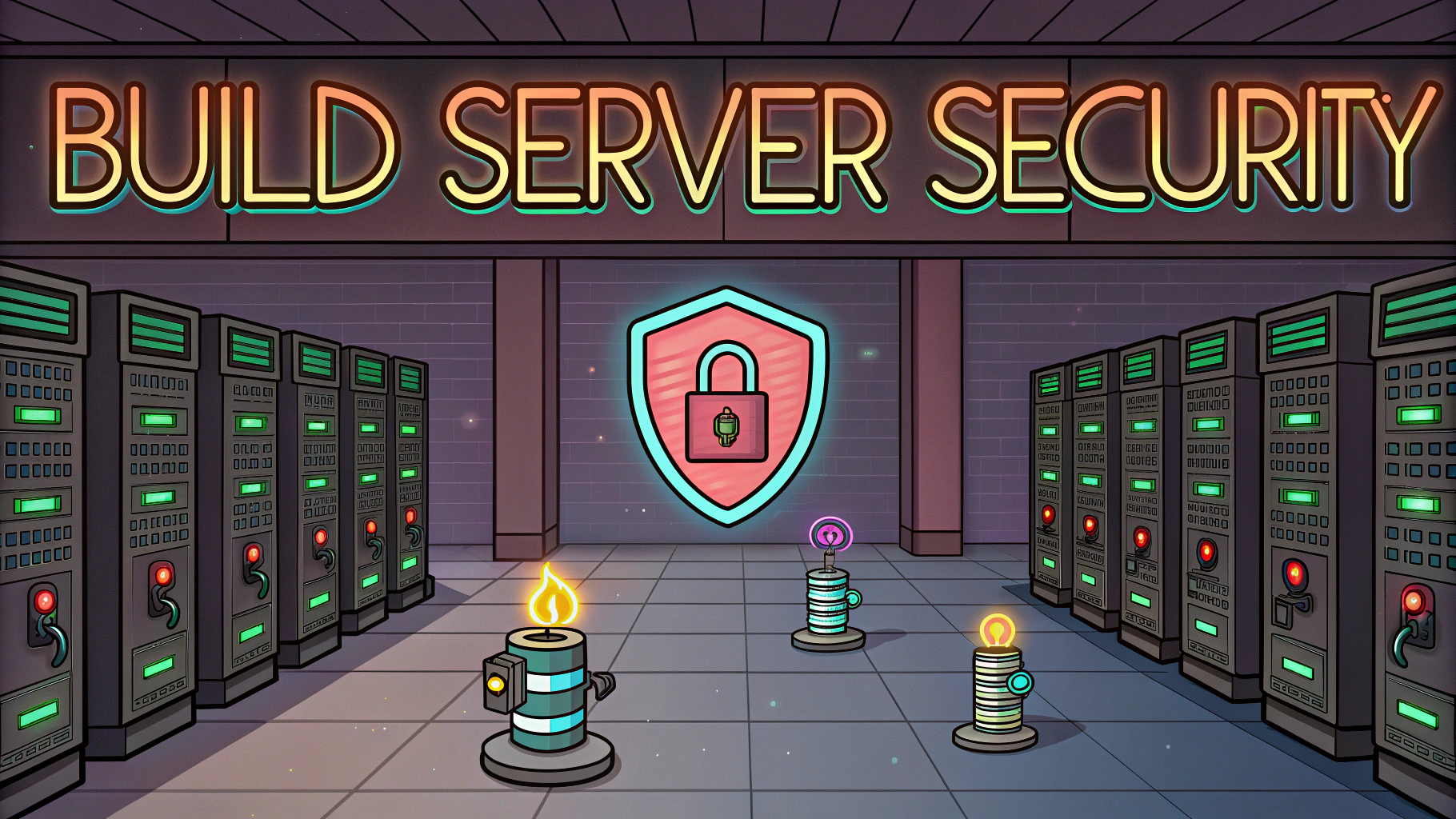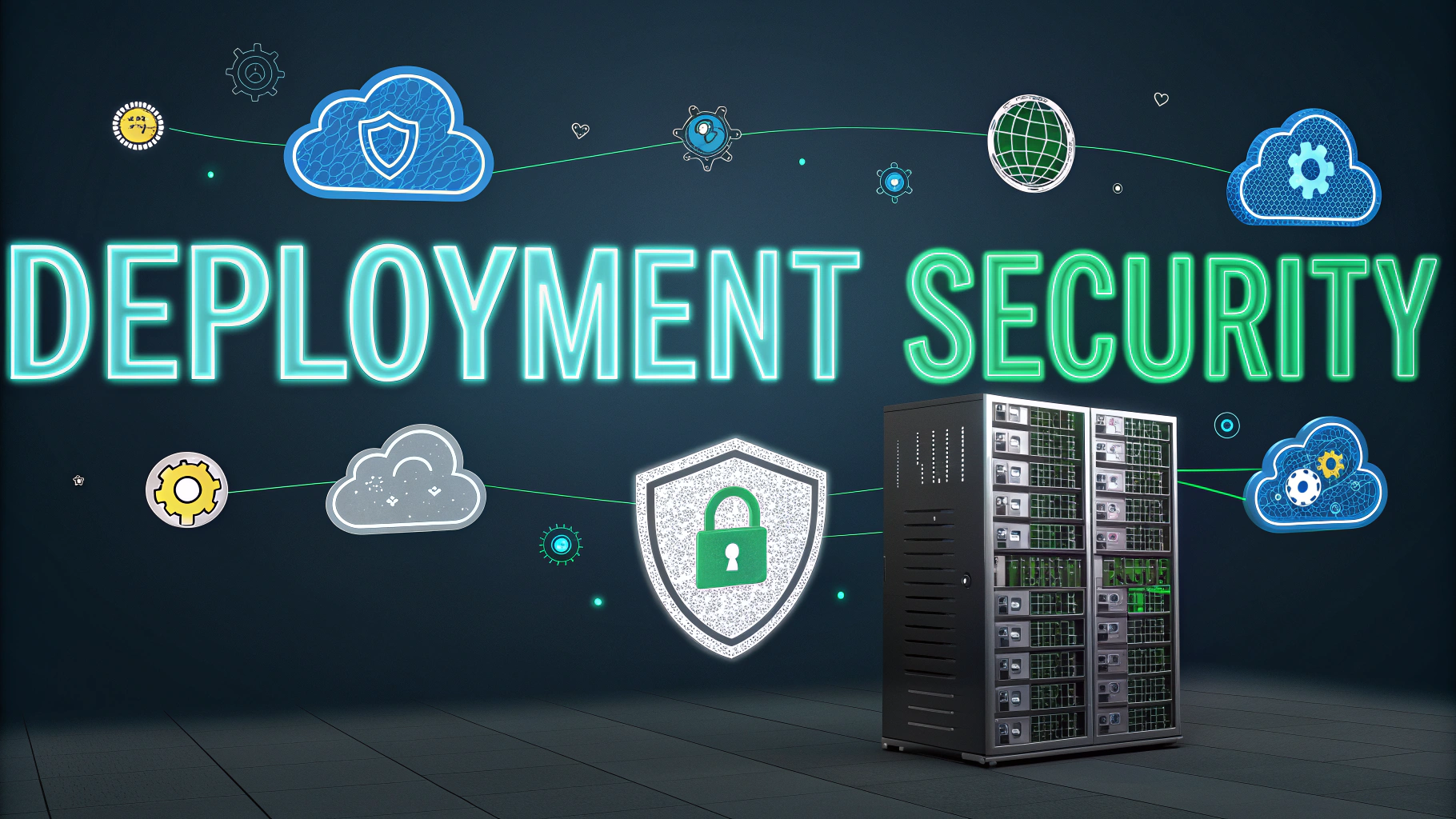Planning for penetration testing certification requires a structured approach to master both theoretical knowledge and hands-on skills.
Professional certifications validate expertise and open new career opportunities in the cybersecurity field.
This guide outlines key steps and resources to prepare for major penetration testing certifications.
Popular Penetration Testing Certifications
- CompTIA PenTest+ – Entry-level certification focusing on vulnerability assessment and pen testing basics
- CEH (Certified Ethical Hacker) – Recognized certification covering ethical hacking methodologies
- OSCP (Offensive Security Certified Professional) – Advanced hands-on certification requiring practical skills
- GPEN (GIAC Penetration Tester) – Technical certification covering penetration testing phases
Essential Study Resources
- Official certification study guides and practice exams
- Virtual labs (HackTheBox, TryHackMe, VulnHub)
- Practice environments (Metasploitable, DVWA)
- Online courses (Udemy, Pluralsight, eLearnSecurity)
Technical Skills Requirements
- Linux and Windows system administration
- Networking fundamentals and protocols
- Scripting (Python, Bash, PowerShell)
- Common exploitation tools (Metasploit, Burp Suite, Nmap)
- Web application security testing
Study Timeline Planning
| Certification Level | Recommended Study Time | Prerequisites |
|---|---|---|
| Entry (PenTest+) | 3-6 months | Basic IT knowledge |
| Intermediate (CEH) | 4-8 months | 2+ years IT experience |
| Advanced (OSCP) | 6-12 months | Strong technical background |
Practical Experience Tips
- Set up a home lab with virtualization software
- Participate in bug bounty programs
- Join CTF (Capture The Flag) competitions
- Contribute to open-source security tools
Cost Considerations
- Exam fees ($350-$1,500 depending on certification)
- Study materials ($200-$500)
- Practice lab subscriptions ($20-$100 monthly)
- Training courses ($500-$2,000)
Next Steps After Certification
Document your certification journey and create a portfolio of your lab work and projects.
Join professional networks like LinkedIn and security communities.
Consider specialized certifications based on your career goals (cloud security, mobile testing).
Contact certification vendors directly for the most current information:
- CompTIA: www.comptia.org
- EC-Council: www.eccouncil.org
- Offensive Security: www.offensive-security.com
- GIAC: www.giac.org
Certification Exam Preparation
- Review exam objectives and requirements thoroughly
- Take practice exams to identify knowledge gaps
- Join study groups and online forums
- Create a structured study schedule with milestones
- Focus on hands-on labs in final preparation weeks
Career Development Strategies
- Build a professional network in cybersecurity
- Attend security conferences and workshops
- Maintain certification through continuing education
- Document all testing projects and methodologies
- Stay updated with latest security trends and tools
Common Challenges and Solutions
Technical Challenges
- Lab environment setup issues
- Complex exploitation scenarios
- Tool compatibility problems
Study Challenges
- Time management difficulties
- Information overload
- Practical experience gaps
Advancing Your Security Career Path
Focus on continuous learning and practical application of skills. Maintain professional certifications and expand expertise into specialized areas. Build a strong portfolio demonstrating real-world penetration testing experience.
Stay connected with the security community through forums, social media, and local meetups. Consider mentoring others and contributing to the cybersecurity field through research or tool development.
Remember that certification is just the beginning – successful penetration testers combine technical expertise with strong analytical and communication skills.
FAQs
- What is certification planning in penetration testing?
Certification planning in penetration testing is the process of identifying, organizing, and scheduling relevant security certifications that align with penetration testing career goals and industry requirements. - Which certifications are considered essential for penetration testing?
CompTIA Security+, CEH (Certified Ethical Hacker), OSCP (Offensive Security Certified Professional), and GPEN (GIAC Penetration Tester) are considered core certifications for penetration testing professionals. - How long does it typically take to complete key penetration testing certifications?
Timeframes vary by certification: CompTIA Security+ requires 2-3 months of preparation, CEH typically needs 3-4 months, and OSCP commonly requires 3-6 months of dedicated study and practice. - What is the recommended certification path for beginners in penetration testing?
Start with CompTIA Network+ and Security+, progress to CEH, then pursue OSCP. This pathway builds fundamental knowledge before advancing to complex technical skills. - What are the costs associated with penetration testing certifications?
Certification costs range from $370 for Security+ to $999 for CEH, and $1,499 for OSCP, including exam attempts. Training materials and labs are usually additional costs. - How often do penetration testing certifications need to be renewed?
Most certifications require renewal every 3-4 years. CEH requires renewal every 3 years, Security+ every 3 years, while OSCP is lifetime certified and doesn’t require renewal. - What practical experience is required before pursuing penetration testing certifications?
While requirements vary, most advanced certifications like OSCP recommend 1-2 years of IT security experience. Entry-level certs like Security+ can be pursued with minimal experience. - Are certification labs and practice environments included in certification fees?
Most certification fees cover only the exam. Lab environments and practice materials often require additional purchases, ranging from $100 to $1,200 depending on the certification. - Which employers recognize and value penetration testing certifications?
Government agencies, financial institutions, security consulting firms, and large enterprises particularly value certifications like OSCP, CEH, and CISSP for penetration testing roles. - What continuing education requirements exist for penetration testing certifications?
Many certifications require Continuing Professional Education (CPE) credits. Security+ needs 50 CPE credits every 3 years, while CEH requires 120 EC-Council credits per renewal period.







